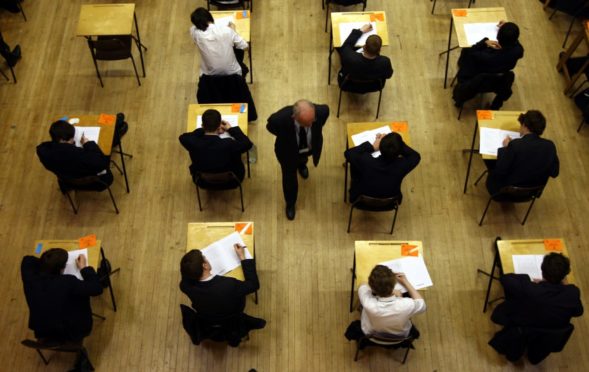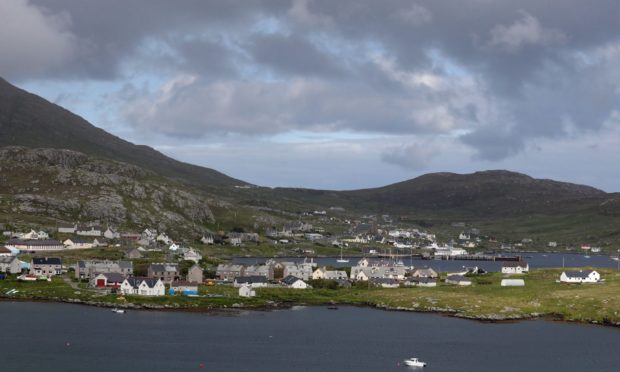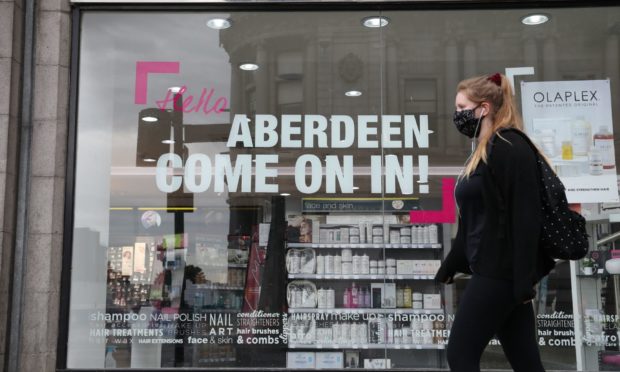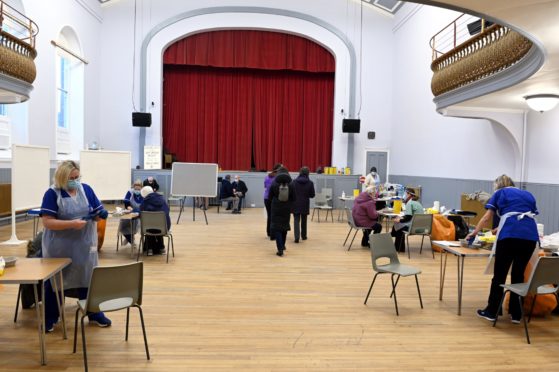Scotland will remain in lockdown until the middle of February, it has been announced.
Schools and nurseries will also continue to be closed until then except for vulnerable children and children of key workers.
First Minister Nicola Sturgeon made these announcements in her daily Scottish Government briefing.
She revealed that there was “cause for optimism” in the fact case numbers in the country were dropping but it was “vital” for everyone to stick with the current restrictions for a further period.
Ms Sturgeon said: “We believe that the lockdown restrictions – and the sacrifices everyone continues to make – are beginning to have an impact.
“Case numbers – which had been rising rapidly – appear to have stabilised and even declined.
“In the week to January 14, there was an average of around 1,900 confirmed new cases per day. This is an 18% reduction on the previous week.
“Test positivity has also declined slightly, as has the number of cases per 100,000 of the population.”
“It is for these reasons, the cabinet decided this morning to maintain the restrictions which are currently in place.
“That means that the lockdown restrictions – including the strict stay-at-home requirement – will remain in place across mainland Scotland and some island communities until at least the middle of February.”
Scotland still in a “precarious” position
The country is still in a “precarious” position, with numbers still too high for any restrictions to be relaxed, according to Ms Sturgeon.
In the weekly results, there were more than 200 positive cases per 100,000 people.
The fast-spreading variant being the dominant one in the country was blamed for that.
Ms Sturgeon added: “It’s important to be cautious, we need to make sure the epidemic is on a downward trajectory.
“Any relaxation of lockdown could quickly send the situation into reverse, especially due to the new variant.
“This will increase pressure on NHS.”
The number of patients in hospital with Covid is continuing to increase, despite the total number of cases dropping.
There are 1,989 patients in hospital, just under 30% more than there was at the peak last April.
The lockdown restrictions will be reviewed on February 2.
Schools and nurseries to remain shut
The First Minister also confirmed that schools and nurseries in the country would remain shut until at least the middle of February.
The original date for reopening schools was February 1.
Community transmission of Covid remains high in Scotland, which has forced the Scottish Government to delay this.
Ms Sturgeon said: “The cabinet decided today that – except for vulnerable and key worker children – school and nursery premises will remain closed until mid-February.”
“If it is at all possible, as I very much hope it will be, to begin even a phased return to in-school learning in mid-February, we will.
“However, it is still too early to confirm a definitive return to school for children across Scotland.”
Barra moved to Level 4 of restrictions
Ms Sturgeon confirmed that Barra and Vatersay will be moved from Level 3 to Level 4 of Covid restrictions.
This is due to an outbreak on the island, with 39 confirmed cases on Barra and more than 10% of the population self-isolating.
She said they were “worried it may spread across the rest of the Western Isles.”
The Incident Management Team, NHS Western Isles and the local authority there decided to move Barra and Vatersay to Level 4 at midnight tonight.
Border controls and the vaccine
Ms Sturgeon said she was “grateful” to everyone across the country for their hard work and sacrifice and that “staying at home” is essential right now to suppress the virus.
The Scottish Government are looking at how best they can control the borders to stop the virus being flown back into the country.
Air travel corridors were scrapped on Monday, and they are looking at other ways to help with this.
She added: “The strong advice is that no one should be travelling unless essential.”
80% of care home residents in Scotland have now received their first dose of the Covid vaccine.
A number of local authorities had vaccinated all care home residents, including Grampian.
70% of care home and other health and care staff had been given their first jab.
They plan to make sure 3 million people in the country, the majority of the adult population, receive their first dose of the vaccine by early May.
She said: “That means that in around three months’ time, around three million people in total will have received at least the first dose of the vaccine – this is, of course, the majority of the adult population and includes everyone over the age of 50, and many younger people with an underlying health condition,” she said.
“The rest of the adult population will follow after that just as quickly as supplies allow.”
Some restrictions to remain in place for ‘some time to come’
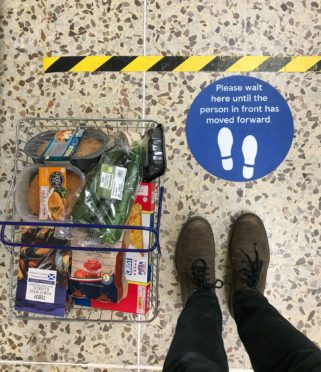
Despite the vaccine continuing to be rolled out, Ms Sturgeon warned that some restrictions will remain in place for “some time to come.”
This is because the vaccine will not have an impact on overall case numbers but will on deaths and the NHS burden.
Experts cannot tell us what it does to stop transmission.
Ms Sturgeon added: “That means for now and for some time to come, there will be a plea for all of us to play our part.
“Hopefully, it won’t be full restrictions like we have now, but restrictions on hygiene, social distancing and travelling will be in place for some time to come.”


